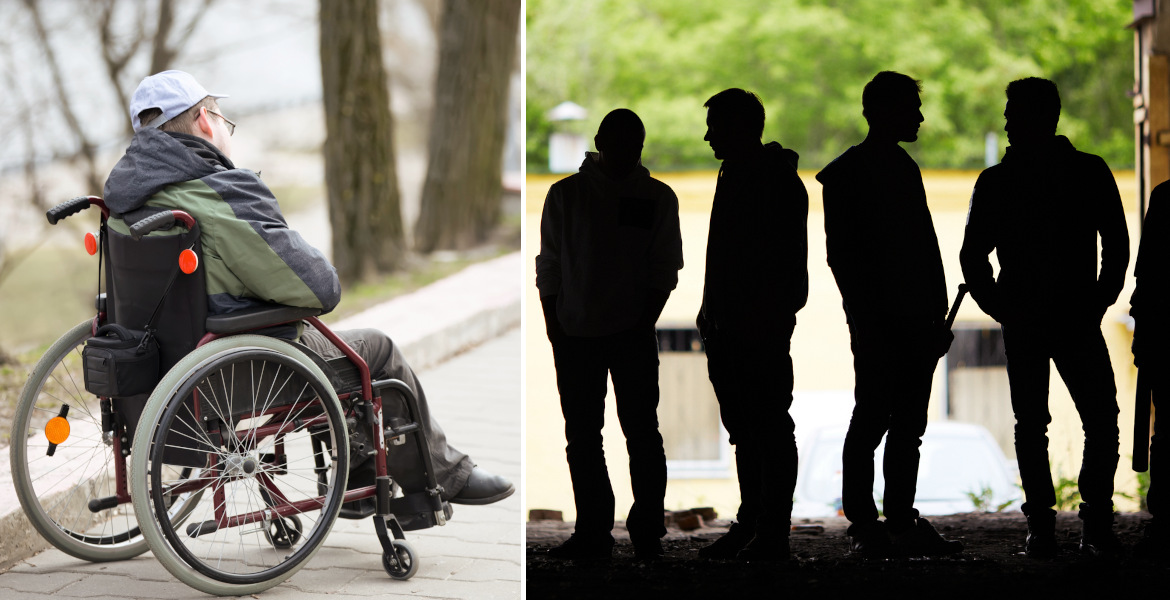The Swedish Social Insurance Agency (Försäkringskassan) is sounding the alarm that Sweden’s personal assistance allowance is currently being plundered by organized crime – and that taxpayer money is not only being stolen, but also risks financing other criminal activities.
When the privatization and sell-off of the Swedish welfare system began in earnest in the early 1990s, many warned that criminal actors would enter these sectors – either to launder money or to defraud the state and enrich themselves.
That warning has come true – and now Försäkringskassan reports that it’s now more common than not for gang criminals to be active in the personal assistance industry.
"Criminals are abusing the welfare system through the personal assistance allowance. Four in ten users are estimated to have come into contact with personal assistants who have links to, or are active within, organized crime", the agency warns, continuing:
"The analysis shows that gang criminals and their families are heavily involved in the assistance sector, both as company representatives and as personal assistants, while remaining actively involved in crime".
Systematic infiltration
It notes that in the period 2022-2023, people active or linked to criminal networks worked in all of the largest 62 assistance companies – and more than one in ten Swedish assistance companies are deemed to have "particularly close links to organized crime".
It is not only Swedish society and taxpayers who suffer when foreign criminal networks have systematically infiltrated the assistance industry – disabled people also risk being left behind.
"This includes vulnerable individuals being neglected, and people with disabilities being used as tools for crime - often with children being the ones who suffer most. Users risk receiving poor or no assistance at all", Försäkringskassan states.
Tax money strengthens gangs' finances
The money that the criminal networks manage to swindle is also at risk of being used to finance other criminal activities - and Swedes are thus forced to finance the gangs' purchases of weapons and drugs, for example.
"Furthermore, what appears to be legitimate employment - for instance as a personal assistant - can give the employee access to other types of social insurance fraud", the agency adds.
The report was produced using data from a wide range of other Swedish authorities such as the Swedish Economic Crime Authority, the Swedish Enforcement Authority, the Swedish Migration Agency, the Swedish Tax Agency and the Swedish Police Authority.




